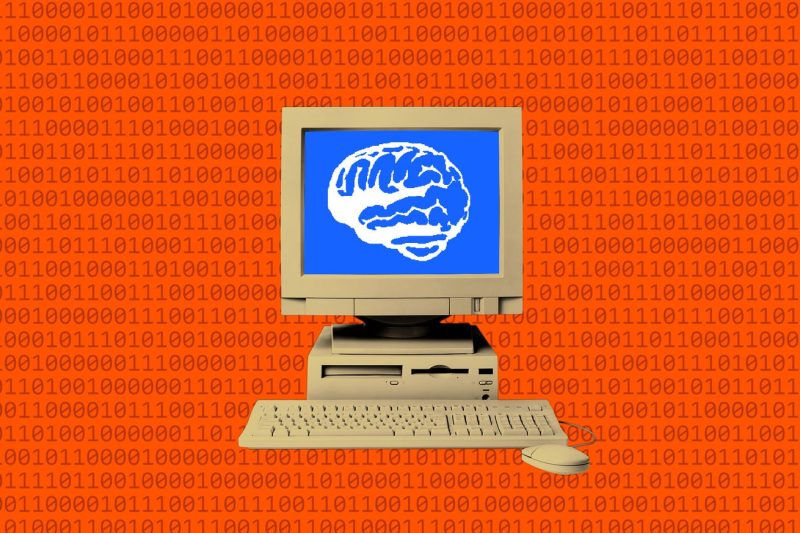**Debunking the Misconception: Microsoft is Not Using Your Office Docs to Train Its AI**
**Understanding AI Data Privacy Concerns**
In the era of rapidly advancing technologies and artificial intelligence (AI), concerns about data privacy and confidentiality have become increasingly prevalent. One of the latest misconceptions circulating the tech sphere revolved around claims that Microsoft was using user-generated Office documents to train its AI models. This misinformation led to widespread panic among users who feared that their sensitive information contained in Word, Excel, or PowerPoint files could be at risk. However, it is essential to debunk this misunderstanding and shed light on the reality of how AI companies like Microsoft handle user data.
**The Truth Behind Microsoft’s AI Training Data**
Microsoft, a leading tech giant renowned for its innovative AI technologies, has been transparent about its data practices and commitments to user privacy. Contrary to the misleading claims, Microsoft does not utilize personal Office documents to train its AI models. The company follows strict data protection protocols and ethical guidelines to safeguard user information and ensure compliance with privacy regulations.
**Data Anonymization and Aggregation Techniques**
To develop AI algorithms and improve user experiences, companies like Microsoft leverage large datasets that are anonymized and aggregated to protect individual privacy. When it comes to Office documents, Microsoft focuses on metadata and usage patterns rather than the actual content of the files. This approach allows for meaningful insights to be extracted without compromising the confidentiality of user-generated content.
**User Consent and Data Protection Measures**
Microsoft prioritizes user consent and data protection measures to reinforce trust and transparency in its AI development practices. Before collecting any data for training purposes, users are informed about the type of information being utilized and provided with options to opt-out if they prefer not to contribute to AI training datasets. Additionally, Microsoft implements robust security measures to prevent unauthorized access to sensitive data and ensures that user privacy remains a top priority.
**Responsible AI Development and Ethical Guidelines**
As the AI landscape continues to evolve, responsible AI development and adherence to ethical guidelines are paramount for tech companies like Microsoft. By upholding principles of fairness, transparency, and accountability, Microsoft strives to build AI systems that benefit users while upholding privacy and data protection standards. The company’s commitment to ethical AI practices reinforces trust among users and sets a benchmark for industry-wide compliance.
**Conclusion: Clarifying the Fact vs. Fiction**
In conclusion, the misconception surrounding Microsoft using Office documents for AI training purposes has been debunked. By adhering to stringent data privacy measures, anonymization techniques, and ethical guidelines, Microsoft demonstrates its commitment to safeguarding user information and respecting privacy rights. As AI technologies continue to advance, it is imperative for companies to uphold transparency, user consent, and data protection standards to foster trust and ensure responsible AI development practices. By clarifying the fact vs. fiction, users can make informed decisions and engage with AI technologies confidently, knowing that their privacy is safeguarded.


























